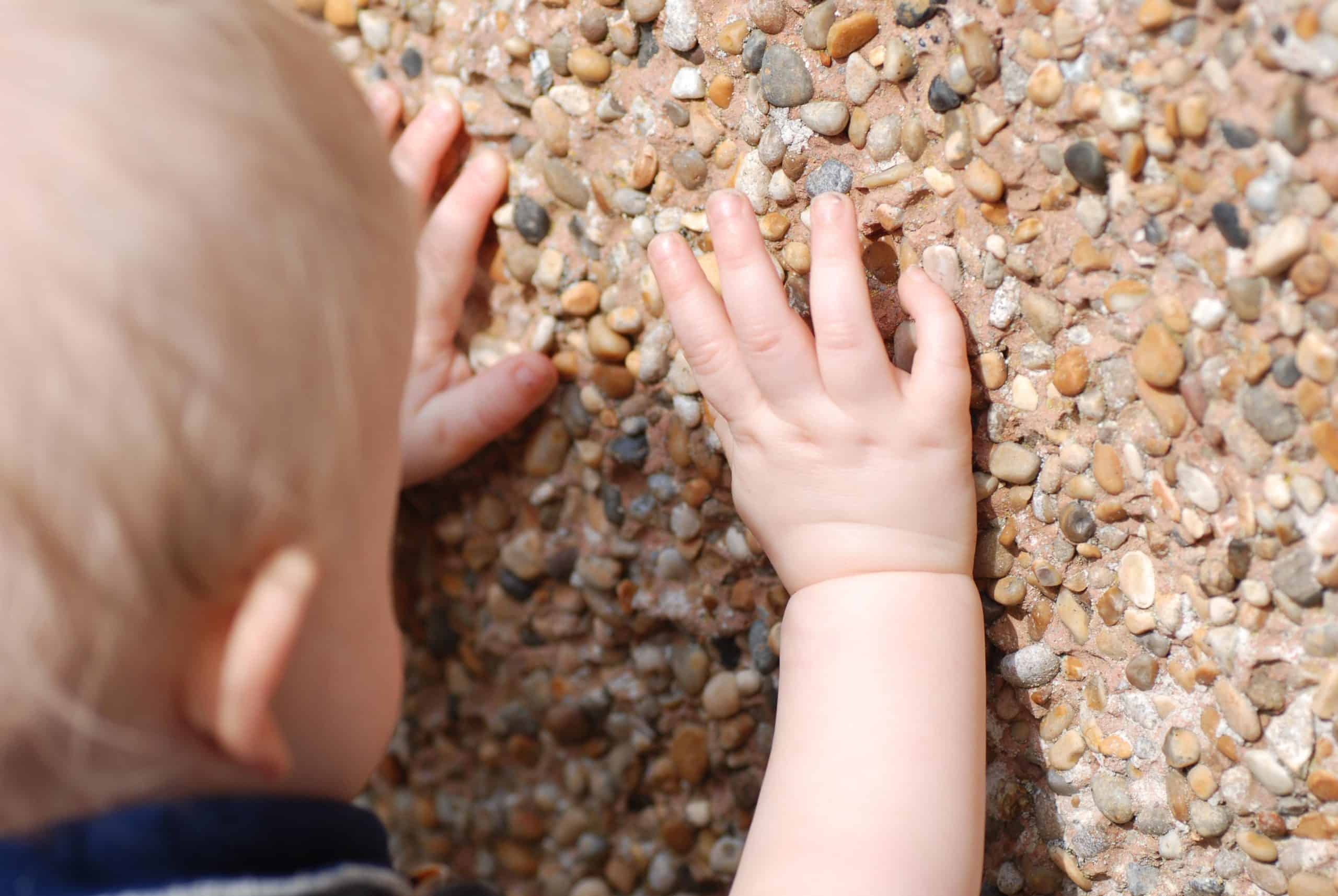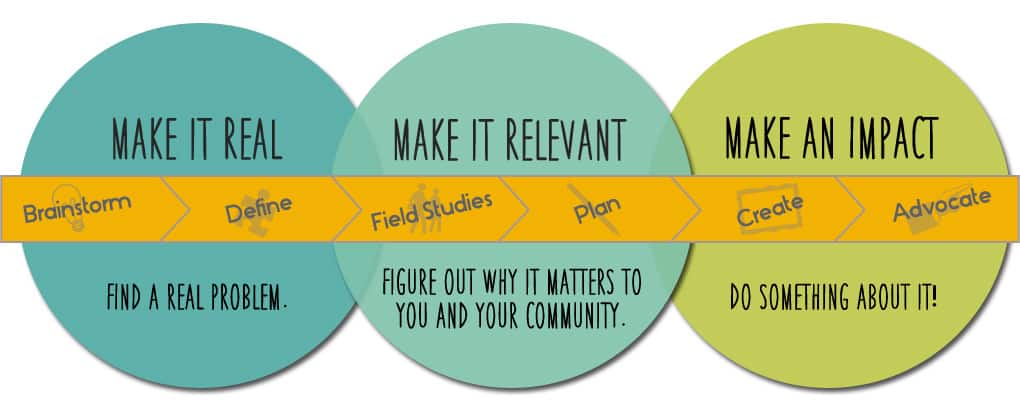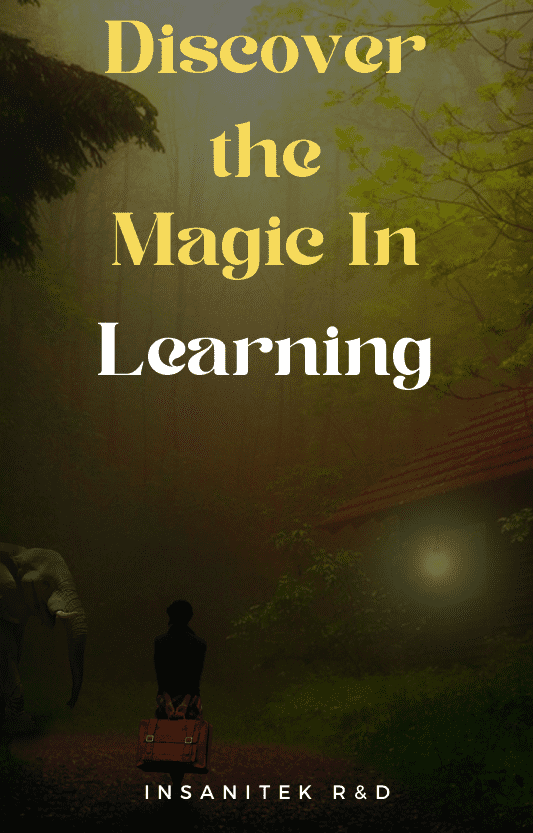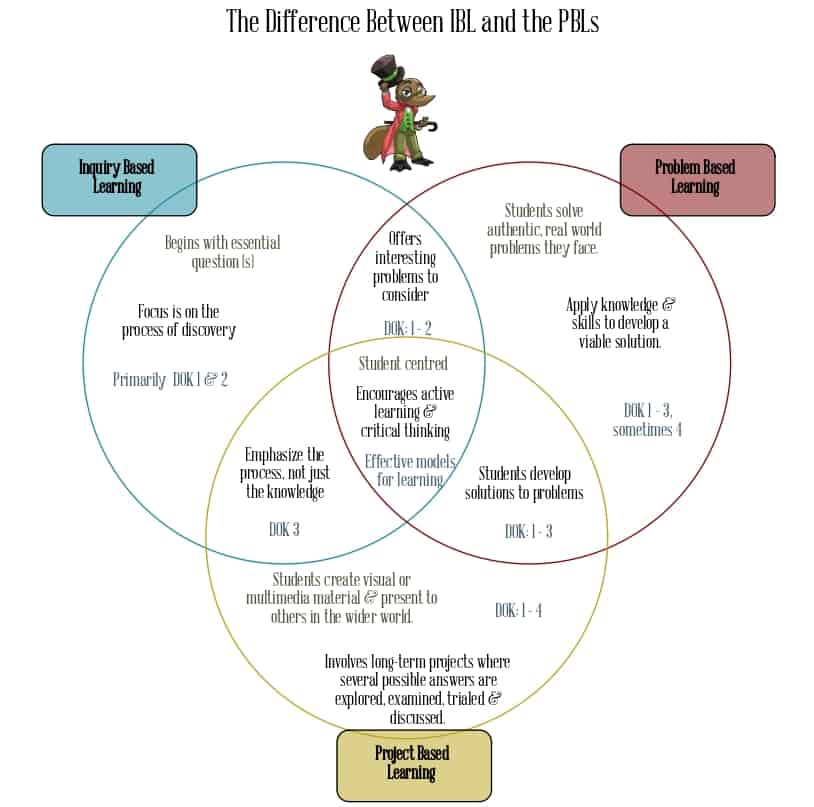Since the dawn of semi-organized education, pedagogy has been explored. The methods of teaching are wide and varying with varying degrees of success. Our favourites happen to be those based on more or less natural learning styles: Project Based Learning (PBL), Problem Based Learning (PBL), and Inquiry Based Learning (IBL).
Let’s be clear on something. No one style and method will be guaranteed to work for everyone. We just like these because they all involve real life moments of curiosity or frustrations that can be explored and solved. We also find it hilarious that they are basically three phrases for the same thing.
That’s right, the PBLs and IBL are basically the same thing, just starting from a different point of questioning. They are often all under the umbrella of Project Based Learning and thus you’ll find the most information if you use that search term – and it’s the one we use throughout our blog.
Inquiry Based Learning
Every baby starts here. They do not have the words, nor the comprehension, but you can clearly see the curiosity on their faces as they discover their world around them. Their curiosity grows, and they learn as they explore the world around them. As they get older, the questions become more sophisticated.

And this is the foundation of inquiry based learning. Those sophisticated questions that lead deeper into a topic can open up worlds of exploration and tangential learning.
The best way to get more out of this level is to drill 5 layers deep past the initial answer. You can do this by looking at the classic questions: Who, what, where, when, how, why, and so what. As the child matures and explores more of their world, the more connections they will make between them. For example, the toddler above would not understand that the stones are held in the wall by a matrix that acts as glue. But through small crafts as they play, they might understand the link between a mosaic and the wall. Even older, they would definitely understand this. And then they could take it further by asking what happens if they change it up. And this is where it shifts from in inquiry to project based learning. If the wall starts crumbling and they want to restore it, then it’s more of a problem based learning experience.
Project Based Learning
I admit that this one is near to my style of learning. I like when I can start out on something big or with intention and purpose and learn along the way. It makes all those micro-lessons have purpose. For example, I wanted to learn to sew because I wanted more, deeper pockets in everything. As I learnt to sew, I learnt how to make cool costumes and super complicated things. This eventually branched off into learning how to do leather working and more.

This is what project based learning kind of is. It’s learning the micro-lessons through the larger project at hand AND it’s also learning about all the cause and effects surrounding that project. For example, you may not want to use the wrong kind of hydraulic fluid in a tractor, but at least you can read about the possible issues that would arise if you did.
The possibilities are truly endless, and thus can get overwhelming when you try to guide it from point zero into the project like we do in an institutional setting (ehem, schools). But, let’s face it, sometime even in a homeschooling, co-op, or apprenticeship school like ours we still need ideas and guidance to shake things up. We keep a list of ideas around as they pop up for a wide variety of topics. This makes it easier as we never run out of projects or problems around here to address.
 Upgrade Your Knowledge: Get a list of 15 science project based learning ideas and a coupon to get 15% off the full list of over 500 ideas. You’ll also receive access to the whole library of resources were you can find hands on science labs and learning aids for your use.
Upgrade Your Knowledge: Get a list of 15 science project based learning ideas and a coupon to get 15% off the full list of over 500 ideas. You’ll also receive access to the whole library of resources were you can find hands on science labs and learning aids for your use.
An email will arrive with a link to the resource library where you can pick up all the free goodies and the coupon code. What are you waiting on? Adventure is waiting.
Problem Based Learning
Life is full of issues and problems that just pop up. It’s like an annoying game of whack-a-mole. Alas, this gives us the opportunity to create a learning experience that is born not of a non-pressing project, but of something that has more of an urgent (even if totally not urgent) issue that pops up.
Let’s say a child’s favourite toy breaks. This is a problem for the child, and while we as parents might want to rush to fix it, delay to show them how to do it themselves. This could be a great opportunity to learn about the different glues and how they work, which ones will serve to fix the toy. Or, if it’s more mechanical or technical oriented, the fixing can open up a whole world of exploration.
Don’t pay someone to just fix it. Learn and enjoy the process.
Now, you’ll notice how the PBLs take it a step further by telling others about your findings. This can be as easy as reporting excitedly to the other parent or grandparent their findings and what they did or as complicated as selling their solution as a business.
